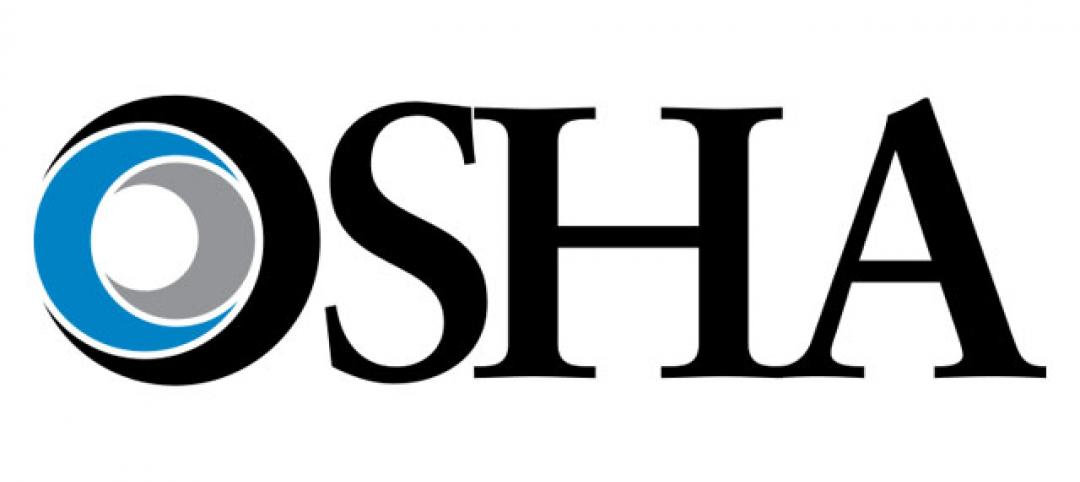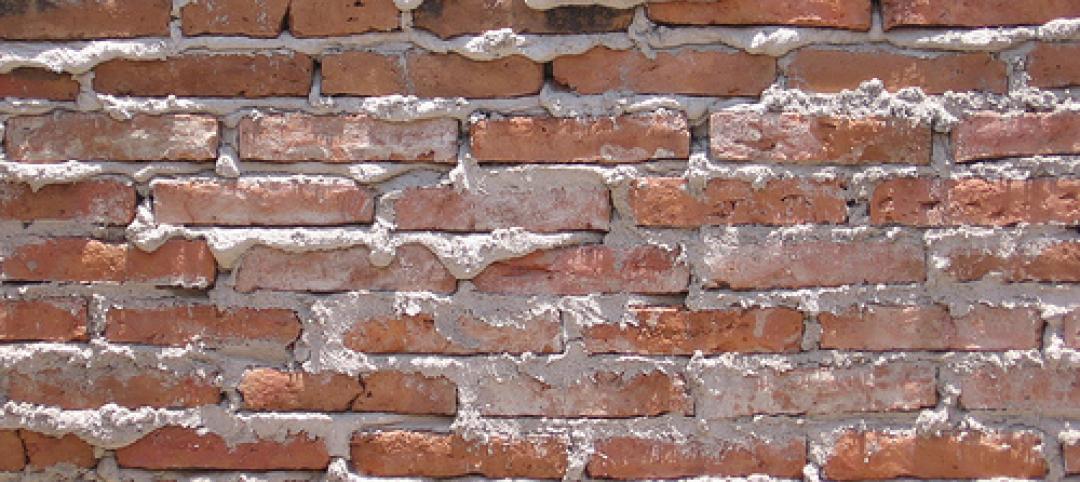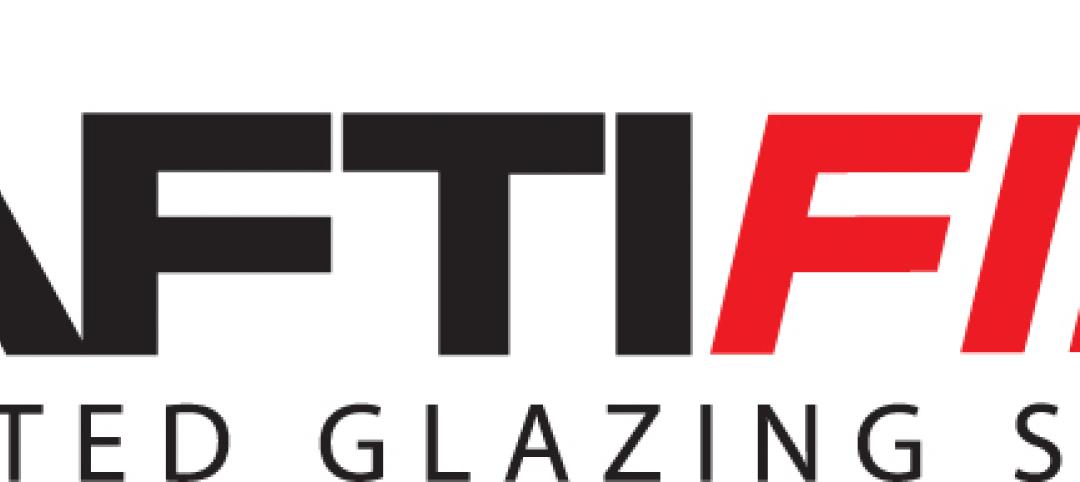A new report by the Construction Industry Safety Coalition (CISC) found that the Occupational Safety and Health Administration’s (OSHA) proposed silica standards for U.S. construction industry will cost the industry $5 billion per year. That’s about $4.5 billion per year more than OSHA’s estimate.
The coalition says that OSHA’s flawed cost estimates point to flaws in the rule, and has urged the federal agency to reconsider its approach. The proposed rule aims to greatly reduce the permissible exposure limit (PEL) of crystalline silica for the construction industry.
The agency pegged the cost to the construction industry at about $511 million a year. “The OSHA analysis included major errors and omissions that account for the large discrepancies with the CISC report,” according to a statement from the industry group.
The CISC report estimates that about 80% of the cost ($3.9 billion/year) will be direct compliance expenditures by the industry such as additional equipment, labor and record-keeping costs.
The remaining 20% will come from increased prices that the industry will have to pay for construction materials and building products such as concrete block, glass, and roofing shingles. OSHA’s estimates failed to take into account these additional costs, CISC says. The added cost would be passed down to customers, the industry group says.
Related Stories
| Feb 9, 2012
Rapid growth of zero energy buildings expected
Much of that growth will be in the European Union, where near-zero energy buildings are mandated by 2019 for public buildings, and by 2021 for all construction.
| Feb 9, 2012
Stiffer OSHA fines put strain on Kansas contractors
A fine for a violation that once cost between $750 and $1,200 now runs $7,000 or more per incident, according to a state industry association official.
| Feb 9, 2012
Webinar focuses on lessons learned from LEED-certified industrial project
A Construction Specifications Institute webinar will focus on the lessons learned through the design and construction of a LEED-certified industrial project, Better Living Mill Shop, the first industrial building in Central Virginia to earn LEED certification.
| Feb 8, 2012
California likely to eliminate redevelopment agencies
Leaders of California cities had been trying to fashion a compromise with lawmakers after the state Supreme Court ruled the state had the authority to eliminate the agencies and use their property tax money for local services.
| Feb 8, 2012
Project aimed at economical seismic retrofits on historic Memphis structures
The group will develop a low-cost seismic retrofit model that would benefit aging brick-and-mortar structures. It involves bolting steel brackets to existing wooden floor and ceiling joists.
| Feb 8, 2012
Houston signs on to Better Buildings Challenge
The challenge has about $4 billion in federal and private-sector funds, which it will use for building energy upgrades nationwide in the next two years.
| Feb 8, 2012
OSHA offers free health and safety consulting for small businesses
The consultants offer confidential, non-punitive advice.
| Feb 8, 2012
Controversy over pay for prisoners on roofing job in Michigan
The disagreement was over whether the prisoners should have been paid prevailing wage for their brief time on the job because the project was paid for with a U.S. Department of Energy grant.














